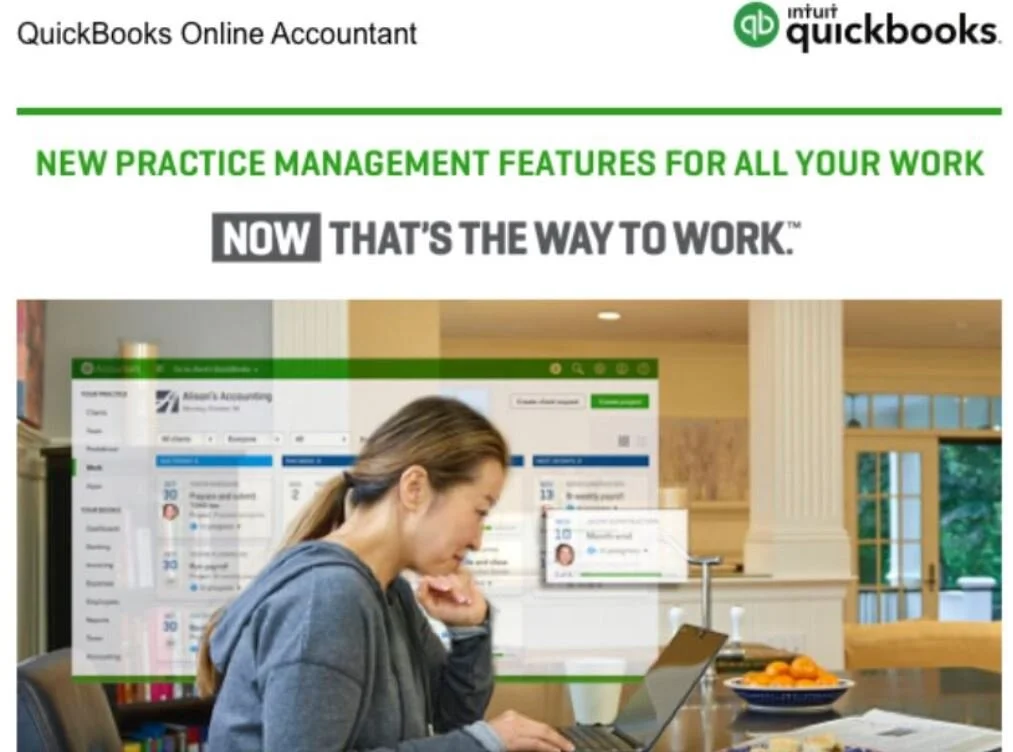Startup Accounting - All You Need To Know To Close the Accounting Books For 2019
It’s time to face reality! Christmas and New Years are over! Now it is the time for you to close up your accounting books for 2019 and get it ready for filing your tax returns. If you are a C-corp, the tax return deadline is April 15th, 2020; otherwise, the deadline for tax returns is March 15th, 2020.
If you are a first-time founder or even an experienced founder, it may be important to refresh your accounting memory. What exactly do you need to do to get your accounting books ready for filing your tax returns? Do not be afraid or overwhelmed, we will tell you everything you need to do. Relax, and have a snack, because we have prepared a list of the complete steps on how to successfully close your books for 2019:
1. Add all the entries into your accounting books - revenue and expenses!
Just so we are all on the same page here, revenue is the income a business makes through services, so basically…. sales. You need to add all of your revenue as well as expense entries into your accounting book. If you haven’t added all the transactions from banking into your accounting book, then do it now! If you use an accrual method for accounting, you will also need to add any accrual entries such as accrued payroll. You may also need to move prepaid revenue (so be aware of that!) to the right time period! Accrual method of accounting gets very technical, so make sure to ask your CPA to walk through it with you.
2. Write off your bad debt!
Deduct all the expenses that incurred in 2019! Make sure to write off your bad debt. What is bad debt you ask? Well, bad debt is the money you are not able to collect after you performed the service or delivered the goods to your customer. Even if you sent them an invoice, made an effort to collect the payment, and eventually decided that the customer did not want to pay; you still need to record the effort you made to collect the payment from your customer. It’s for auditing purposes.
3. Record the depreciation expense for your fixed assets.
Don’t forget to deduct the expenses that are not directly money related, for example, fixed assets. Record the depreciation expense for your fixed assets, such as, expensive lab equipment, a shiny company car, etc.
4. Make sure you have reconciled all the bank accounts for 2019.
The goal here is to verify that you have the same dollar amount in your bank account and in your accounting books. The reason is that this step serves as a foundation on verifying the accuracy of money movement; if someone were to review your accounting books, they would start from your bank reconciliations. So make sure that you have reconciled all the bank accounts for 2019 and that the ending balances from the bank match with your accounting books (otherwise there may be a problem).
5. First round review of your financial statements for 2019.
Now that you have all the transactions recorded in your accounting books for 2019, it is time to run financial statements. The two financial statements that you must have are: Income Statement and balance sheet. A super quick way to check the accuracy of your financials is to: make sure there is no negative balances on your financial statements (Unless there is a reason that can be explained).
6. Assess the reasonability of your financial statements.
- On your Income Statement:
Check the total numbers for revenue, expenses and net income. If you sell products or services on a different platform, make sure the total number of revenue (including taxes, refunds and discounts) matches with the total number on the sales platform. You want to go over the big events happened during the year and make sure the related entries have been recorded.
- On your Balance Sheet:
First big item is investors’ equity, be sure to verify that the investors’ equity amount matches with your Cap table. The next item is account receivables, prepare a folder with invoices that match with all the open invoices for the year of 2019, verify that all the payments to invoices are not missed.
Having accurate financial statements can potentially save you money (and who doesn’t want that?), try to reserve enough time to review your accounting books and ask questions if you do not understand any numbers on your financial statements. Hopefully this information answered enough questions for you and that you now feel more confidence in filing your taxes.






